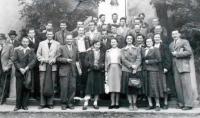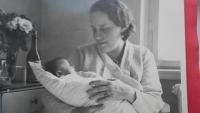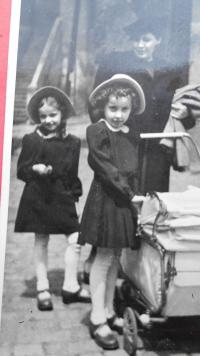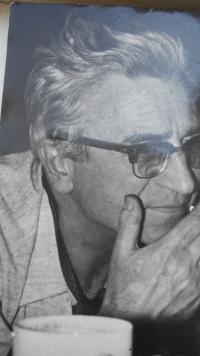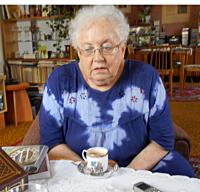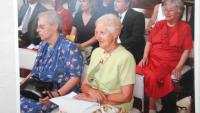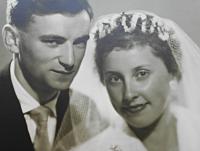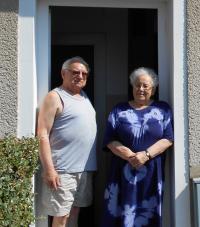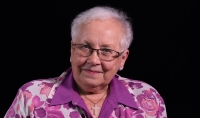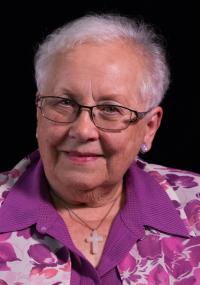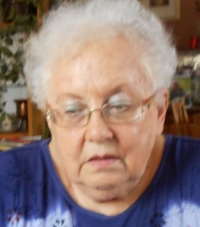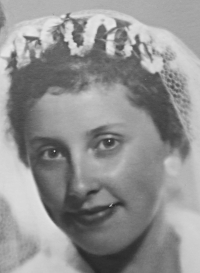Do what you can
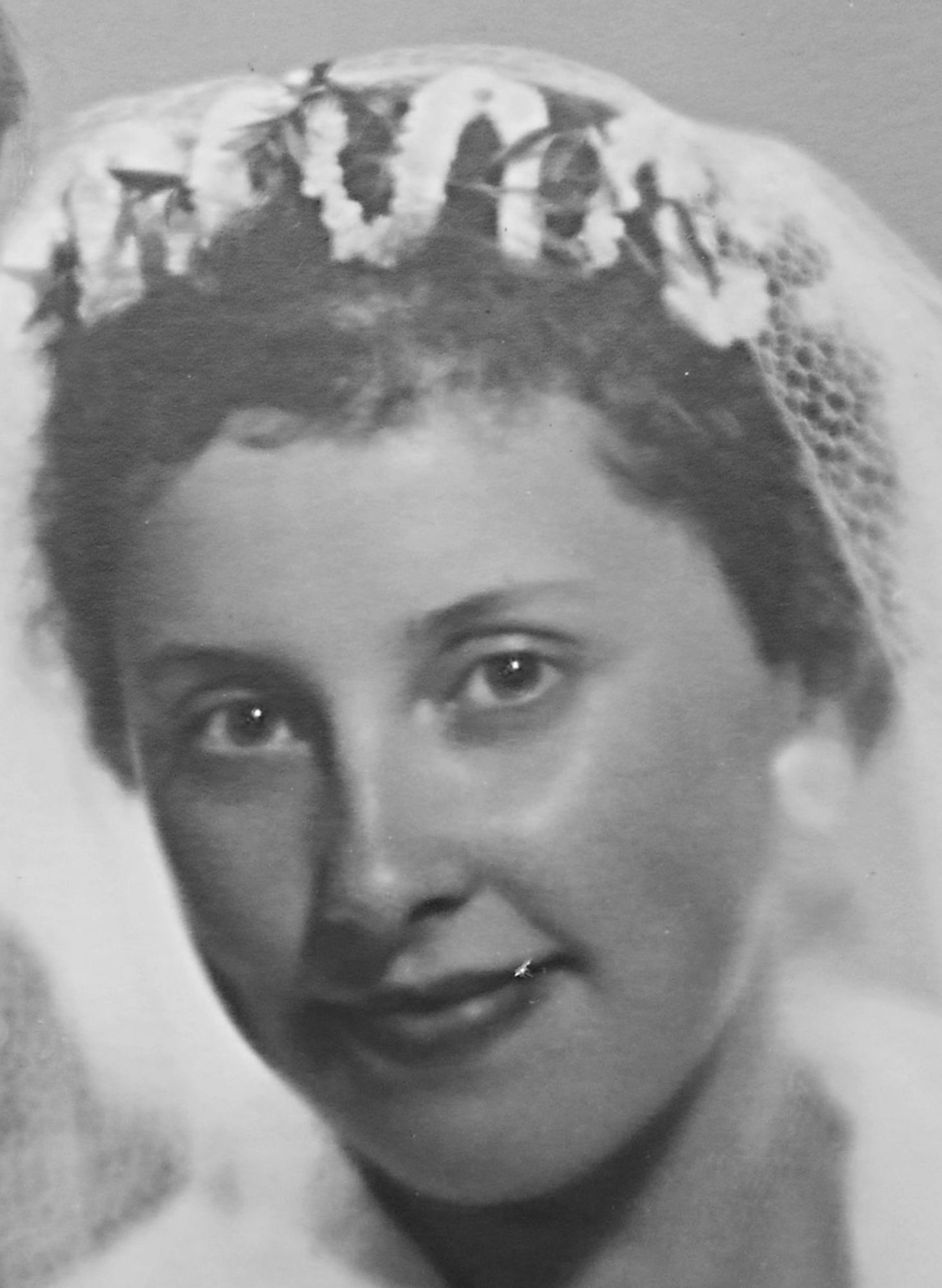
Download image
Helena Faberová, née Uhrová, was born October 14, 1935 in a family of a professional artist - landscape painter. Her mother came from a Czech-German family, she worked as an accountant and it was she who provided most of the family’s income since the proceeds from her father’s work - the selling of his paintings - were not consistent and therefore lacked stability. Due to her family origin Helena was not allowed to study at a university and upon graduation from secondary school she therefore took a language course and then found employment with the company Strojexport. At that time she already knew Karel Faber, whom she met in the Vyšehrad choir. The choir was actually a Catholic fellowship whose members pursued common spiritual growth and they organized various volunteer activities and other events. After a tragic accident when one of their members drowned, the police began to investigate their community and penalties followed, because the community was not affiliated with any recognized organization such as the Youth Union or others. Helena was given a warning from the prosecutor, and she was dismissed from work, but fortunately she managed to find another job. After becoming the wife of Karel Faber, they both moved to southern Bohemia where her husband worked. While there, they formed an open Christian fellowship and they raised two children, Magdalena and Tomáš. They took part in theological education, which was done in secret by various priests (Ota Mádr, Josef Zvěřina, Jožka Kopecký), they maintained contacts with Jiří Reinsberger and they fearlessly faced the pressure of the StB and other state authorities which disliked their openly confessed faith. After November 1989 Helena continued to be involved in the same activities and she helped to establish the Charity organization in České Budějovice. Later she worked for the organization Magdala (against the trafficking of women) and for the organization Ackermann-Gemeinde. She eventually became the leader of the Czech branch of this organization. The German president decorated her with the German Cross for Merit for her activity.


